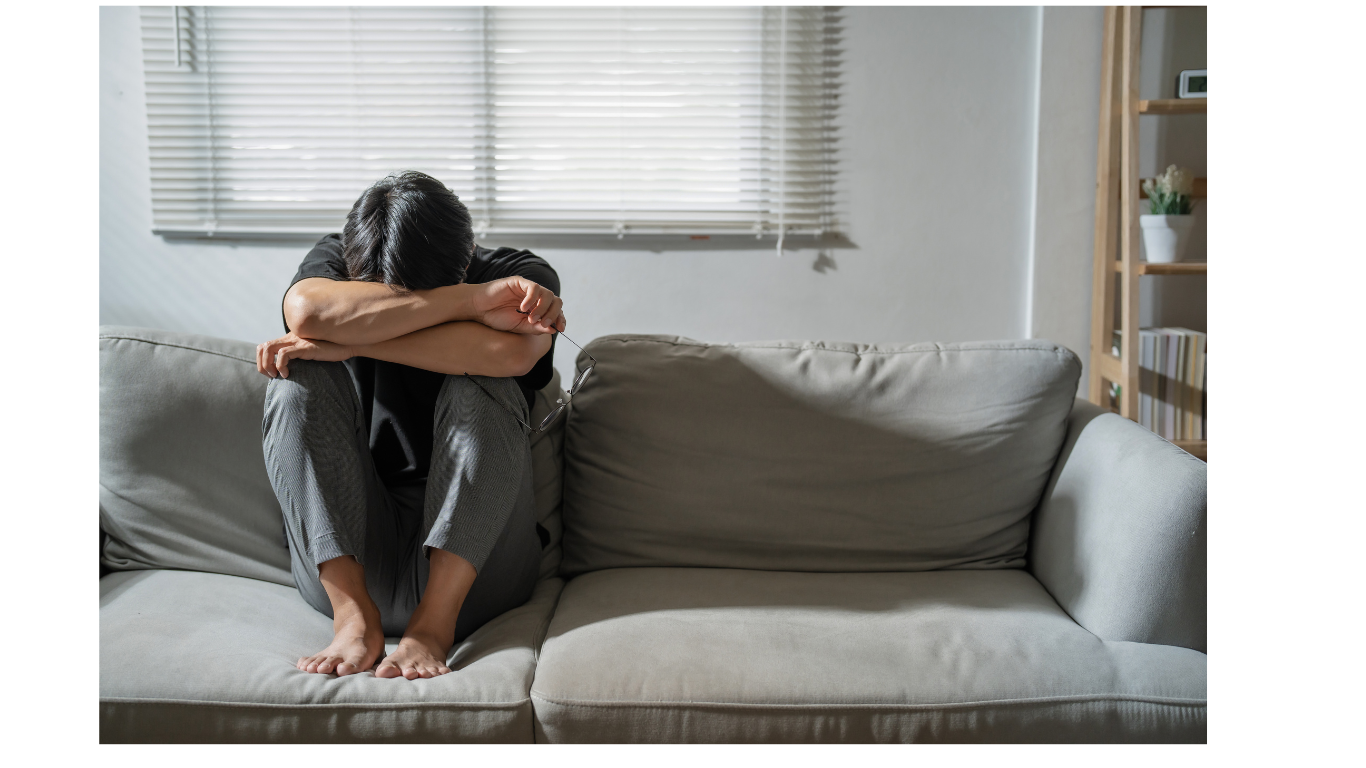Why EMDR Might be the Missing Puzzle Piece in Your Health Anxiety
By Dr Sophie Gwinnett, Clinical Psychologist and Health Anxiety specialist
Discover why this powerful, trauma-informed approach is now being used by Brightside Psychology clinicians to help our clients to successfully recover from health anxiety, for good.
If you’ve tried everything for health anxiety and nothing seems to stick, perhaps something different is needed. A psychological therapy that doesn’t just view health anxiety as ‘irrational thinking’ or ‘faulty behaviour patterns’.
Hi, I’m Dr. Sophie Gwinnett, a Clinical Psychologist and health anxiety specialist. I’ve worked in the field of mental health for over two decades and have walked alongside hundreds of clients navigating the exhausting rollercoaster of health anxiety.
Health anxiety isn’t just about worrying a little too much. It’s a full-body, full-brain experience that can hijack your day, your decisions, and your peace of mind. And while traditional cognitive and behavioural therapies can be helpful, sometimes they don’t quite get to the why behind the worry.
That’s where EMDR comes in.
Wait…what is EMDR?
EMDR stands for Eye Movement Desensitisation and Reprocessing and it uses bilateral stimulation (usually side to side eye movements) to reprocess earlier experiences that continue to trigger our nervous system in the here-and-now. It might sound like something out of a sci-fi film but it’s a well-researched, evidence-based therapy that enables people to process and heal from trauma and free themselves from the internal terror of health anxiety.
Originally developed for PTSD, EMDR helps the brain "digest" disturbing memories so they no longer feel so present and powerful. Think of it as helping your nervous system to finally realise, that was then, this is now.
So, how does this help with health anxiety?
Here’s the thing: health anxiety is often the result of a nervous system that’s been on high alert for a really long time. It’s about old stories the body remembers from earlier in your life, and the hypervigilance and reassurance seeking are adaptive responses to a time when the world felt uncertain and unpredictable.
- Maybe you had a health scare as a child.
- Maybe you grew up in a home where illness or loss were a feature.
- Maybe you grew up in an unsafe environment and you internalised a belief that your safety depended on constant vigilance.
- Maybe you grew up with caring responsibilities from a young age. Survival depended on you.
EMDR is designed to target the emotional and sensory memories tied to those early experiences. Instead of just challenging your thoughts, it works with the deeper layers, the body memories, the panic, the shame, the "what ifs" that feel like life-or-death. EMDR isn’t just about healing the past, it can also help you reprocess the present and prepare for the future. In health anxiety, current triggers like a new symptom, a doctor’s appointment, or even hearing about someone else’s illness can set off a surge of fear that feels overwhelming and out of proportion. EMDR helps process the fear that those experiences create so they no longer feel like emergencies. And it doesn’t stop there. EMDR can also target imagined worst-case scenarios in the future, the “what ifs” that play on a loop, so you can face future uncertainty with more calm, clarity, and self-trust. It’s not about pretending nothing bad will ever happen, it’s about reclaiming your power in the face of not knowing.
Unlike other therapies you don’t have to “relive” anything in gruesome detail. EMDR is incredibly adaptable and, in the hands of a skilled EMDR practitioner, gentle and collaborative.
What makes EMDR different from just talking?
Let’s be honest: sometimes talking about your health anxiety just makes you feel more anxious. You can spiral into analysing symptoms, chasing reassurance, or trying to think your way out of something that didn’t start in the thinking brain to begin with.
EMDR bypasses that loop. It helps integrate unprocessed emotional material so your brain and body can finally stop firing the alarms. Many of my clients describe it as the first time they’ve felt real distance from their fear, not just intellectually, but emotionally and physically.
Who is EMDR for?
If your health anxiety feels stuck in a cycle of checking, Googling, seeking reassurance, or panicking about every new sensation, EMDR might be a good fit.
It’s especially powerful if:
- Your health anxiety started after a traumatic health experience.
- You had childhood experiences involving illness, loss, over-responsibility or unpredictable caregiving.
- You've tried CBT or other symptom-focused therapies and experiences further episodes of health anxiety.
What does EMDR look like in my practice?
At Brightside Psychology we are a team of highly trained and experienced clinicians. Our EMDR approach blends evidence-based psychological formulation, attachment theory, relational work and symptom management. It is always trauma-informed and delivered with care, collaboration, and compassion.
Sessions are paced to your nervous system. We build resources, we create safety, and we only go where your system is ready to go. EMDR is never about pushing, it’s about healing.
Still unsure? That’s okay.
Trying a new therapy can feel daunting, especially when you’ve spent years trying to figure out your health anxiety. You can visit the EMDR Association website at https://emdrassociation.org.uk/ to learn more about the approach.
You can also book a free 15-minute phone call with me, Dr Sophie Gwinnett, through this website and we can decide together whether EMDR might be the right therapy for you. Whether you’re ready to dive in or just have a few questions, I’m here to help you make an informed, empowered choice.
We offer sessions in-person or online at a time and day to suit you.





